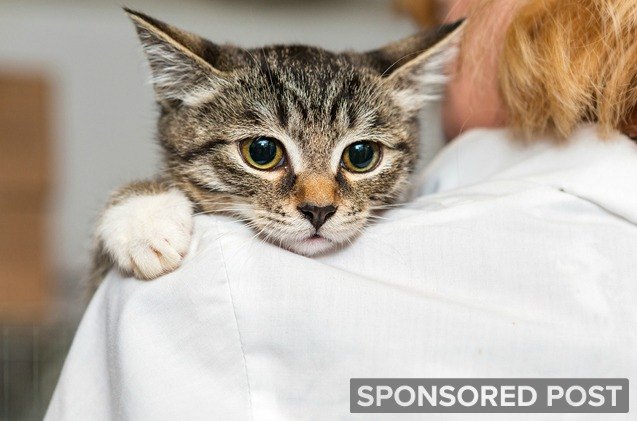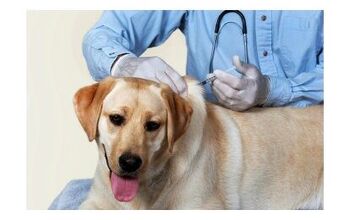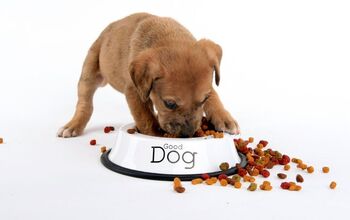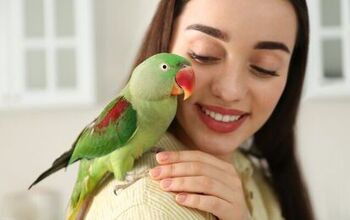Do You Know the Right Vaccination Schedule for Your New Pet?
After bringing a new pet into your family, it’s time to work with a veterinarian to ensure your dog or cat is healthy. Ensuring that he has all his up-to-date vaccinations, at all the right times, is the best way to prevent and eliminate diseases that can prove deadly to pets.
Here’s what you need to know about the vaccines your puppy or kitten will be getting and when they should be administered by a veterinarian.
What Vaccines Are Required?
There are two classes of vaccines: core vaccines and non-core vaccines. Core vaccines should be administered to all pets, while non-core vaccines will only be recommended for certain animals. Your vet will help you determine if your pet needs any of the non-core vaccines, and the decision will be based upon factors like the health status of your cat or dog, as well as his age and breed, and his potential exposure to a disease.
Your vet will follow a straightforward vaccination schedule for your new puppy, kitten or adult pet. The schedule is outlined below so you will have an idea of what to expect. Just keep in mind that factors like where you live and what your pet’s risks are will help your vet determine which vaccines are necessary and when they should be administered to ensure the health of your furry friend.
Puppy & Kitten Vaccination Schedule
If your puppy or kitten was nursing from a healthy mother, her milk likely provided plenty of antibodies that have helped to build up his immune system. Once your new addition is 8 weeks old, your veterinarian can start administering the appropriate vaccines that will continue protecting your pet as he grows. The vaccines are administered at 3- to 4-week intervals, and the final vaccine can be given at around 16 weeks.
This is a standard schedule for your pet’s vaccination shots:
Dog Core Vaccinations:
- DHPP (4-in-1: Distemper, Hepatitis, Parvovirus, Parainfluenza)
- Start Heartworm Prevention (such as Heartgard, Trifexis, Revolution, etc.)
Dog Tests & De-Worming:
- De-worming for Hookworm, Roundworm,Tapeworm
- Start Parasite Prevention (flea, tick, heartworm)
Cat Core Vaccinations:
- FVRCP Vaccine (Feline Viral Rhinotracheitis, Calicivirus and Panleukopenia)
- Start Heartworm Prevention
Cat Tests & De-Worming:
- De-worming for Hookworm, Roundworm, Tapeworm
- Start Parasite Prevention (flea, tick, heartworm)
Dog Core Vaccinations:
- DHPP Booster
Dog Non-Core Vaccinations:
- Bordetella Vaccine (kennel cough); Lepto Vaccine; Lyme Vaccine; Canine Influenza Vaccine (H3N8); Rattlesnake Vaccine
Dog Tests & De-Worming:
- De-worming for Hookworm, Roundworm, Tapeworm
Cat Core Vaccinations:
- FVRCP Booster
- FELV Vaccine (Feline Leukemia Virus)
Cat Tests & De-Worming:
- De-worming for Hookworm, Roundworm, Tapeworm
- Start Parasite Prevention (flea & tick and heartworm)
- FeLv / FIV / Heartworm Test
Dog Core Vaccinations:
- DHPP Booster
- Rabies Vaccine
Dog Non-Core Vaccinations:
- Bordetella Booster, Lepto Booster, Lyme Booster, Canine Influenza Booster, Rattlesnake Booster
Cat Core Vaccinations:
- FVRCP Booster
- FELV Booster
- Rabies Vaccine
Dog Tests & De-Worming:
- Heartworm, Erlichiosis, Anaplasmosis and Lyme Test (4Dx)
Adult Pet Vaccination Schedule
Once your puppy or kitten is grown, booster shots will be required to keep your adult pet protected. Your vet can help you decide which yearly vaccinations are best for your pet based on a number of factors, including:
- Type of vaccination
- You pet’s age
- Current medical and physical condition of pet
- Lifestyle and exposure to disease
- Presence of disease in pet’s environment
- Reaction to previous vaccinations
Potential Side Effects of Vaccines
When your pet is receiving a vaccination, it’s important to talk to your veterinarian about any of the potential side effects that might occur. In this way, you can keep an eye out for symptoms and get your pet any necessary treatments promptly.
Put simply, an immunization will work by mildly stimulating your pet’s immune system. As a result, your pet’s body will develop a level of protection from an infectious disease, but the stimulation of the immune system might result in mild side effects. Less commonly, a pet might develop more severe side effects, such as an immune mediated disease. That’s why it’s recommended that you schedule any vaccination appointments during a time that will allow you to keep an eye on your pet afterwards.
Affording the Cost of Vaccines
Some pet owners may be overwhelmed by the costs of the veterinary care and vaccinations that are required when introducing a puppy or adult dog into the family. And you also need to factor in the long-term costs associated with having your pet examined annually and receiving all of the necessary booster shots.
Thankfully, there are several options for pet parents on a tight budget. Vetco Wellness Centers provide affordable veterinary services and immunizations for dogs at Petco and Unleashed store locations all over the United States. They don’t charge an office visit fee, and you don’t even need an appointment. Plus, they offer evening and weekend hours for busy pet owners.
With the right care and the appropriate vaccinations, your puppy or kitten can grow up to be a healthy, strong adult, so definitely talk to your vet about the vaccination schedule that is right for your pet.
More by PetGuide Staff

























